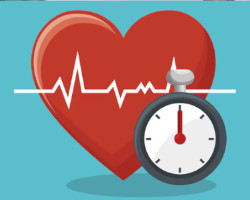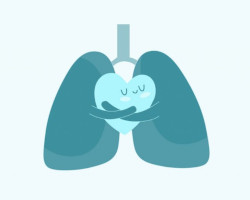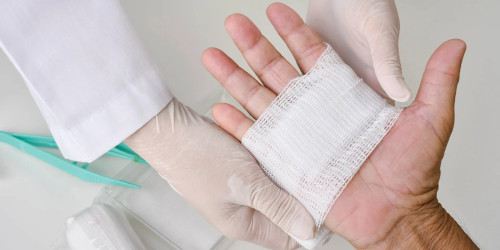Conclusion
The future of telemedicine is promising, offering patients enhanced convenience, improved access to care, and more personalized healthcare experiences. With the integration of artificial intelligence, remote patient monitoring, and healthcare aggregator platforms, patients will have even greater control over their health and well-being. As telemedicine continues to evolve, it's crucial for patients to stay informed and embrace these new tools to improve their healthcare journey. Whether for routine check-ups or specialized care, telemedicine is poised to redefine the way we experience healthcare in the years to come.
The future of telemedicine is promising, offering patients enhanced convenience, improved access to care, and more personalized healthcare experiences. With the integration of artificial intelligence, remote patient monitoring, and healthcare aggregator platforms, patients will have even greater control over their health and well-being. As telemedicine continues to evolve, it's crucial for patients to stay informed and embrace these new tools to improve their healthcare journey. Whether for routine check-ups or specialized care, telemedicine is poised to redefine the way we experience healthcare in the years to come.




















